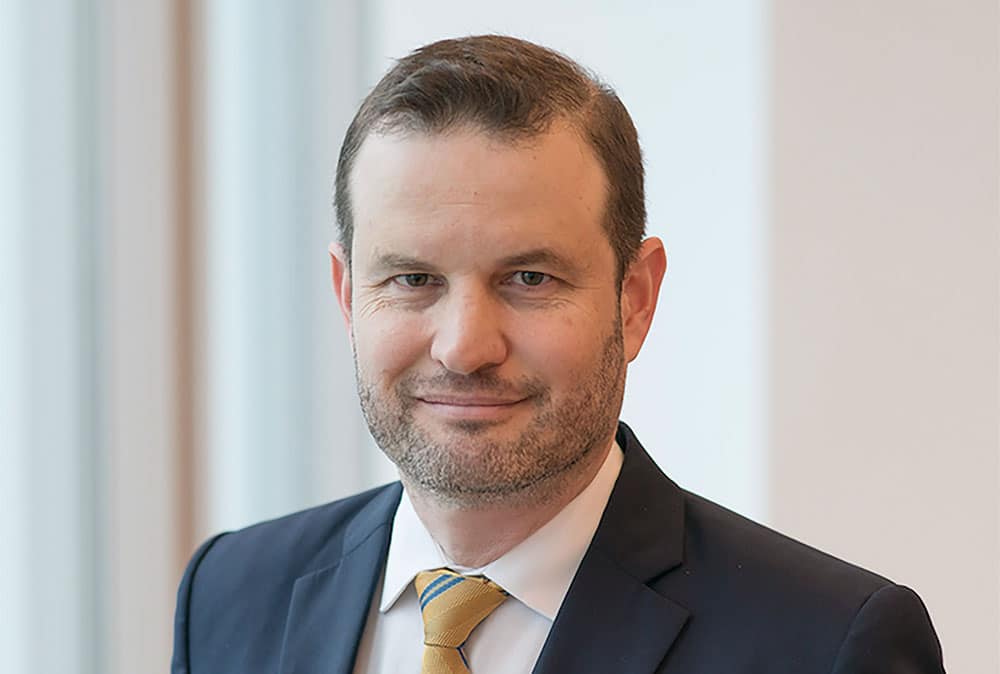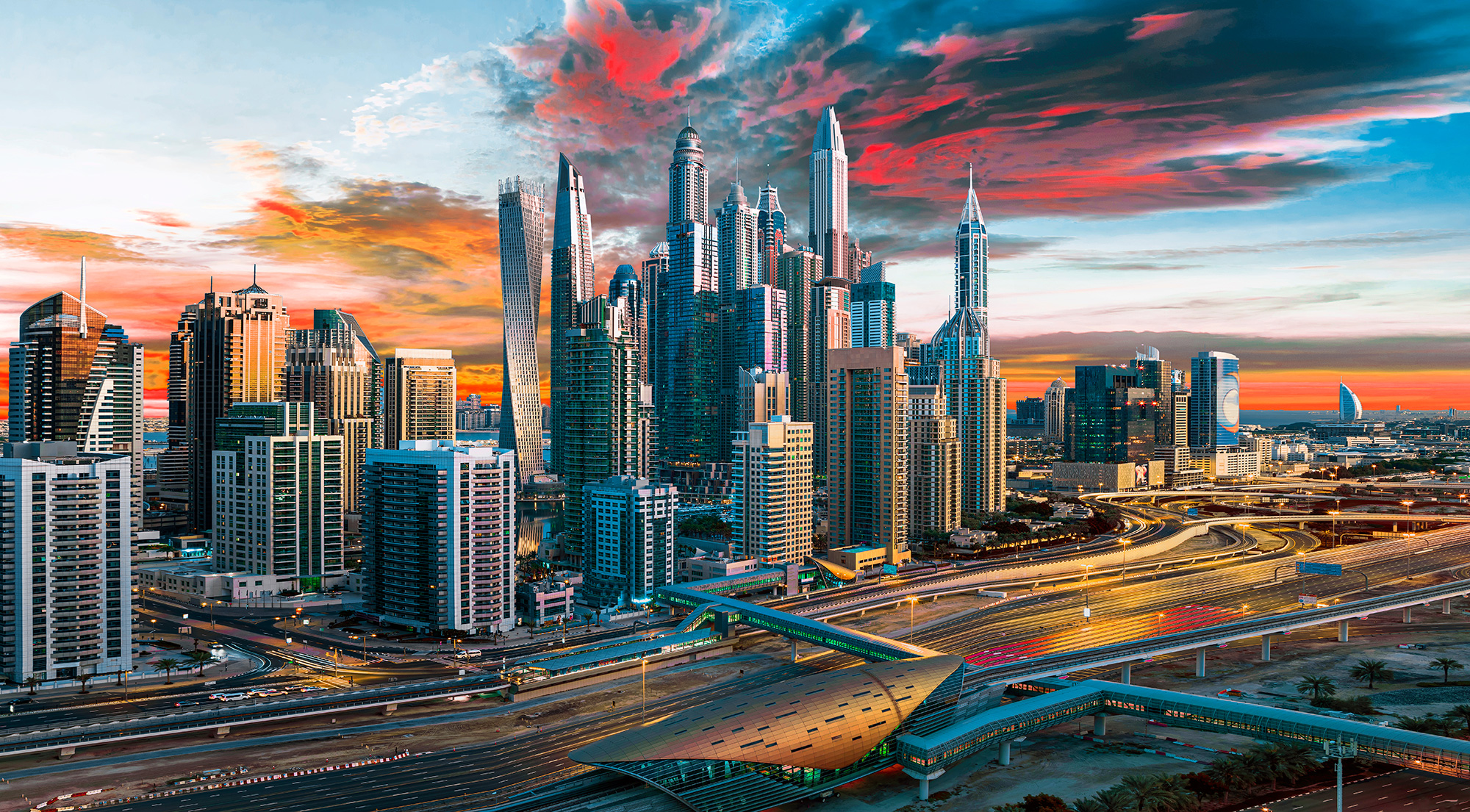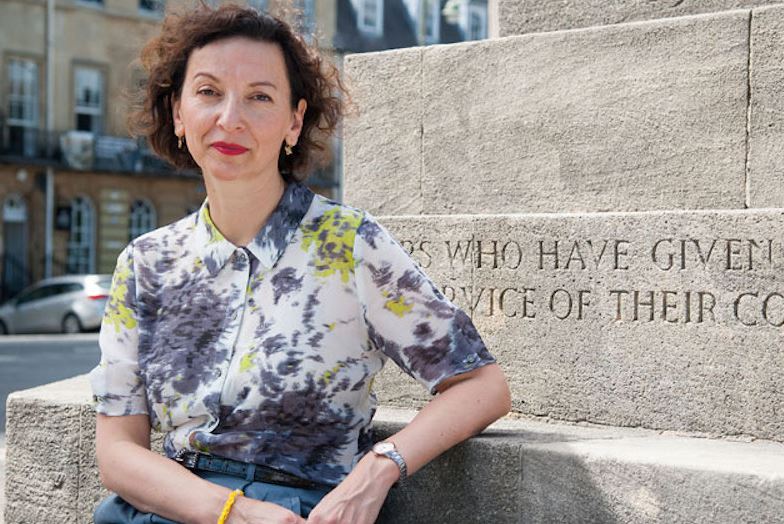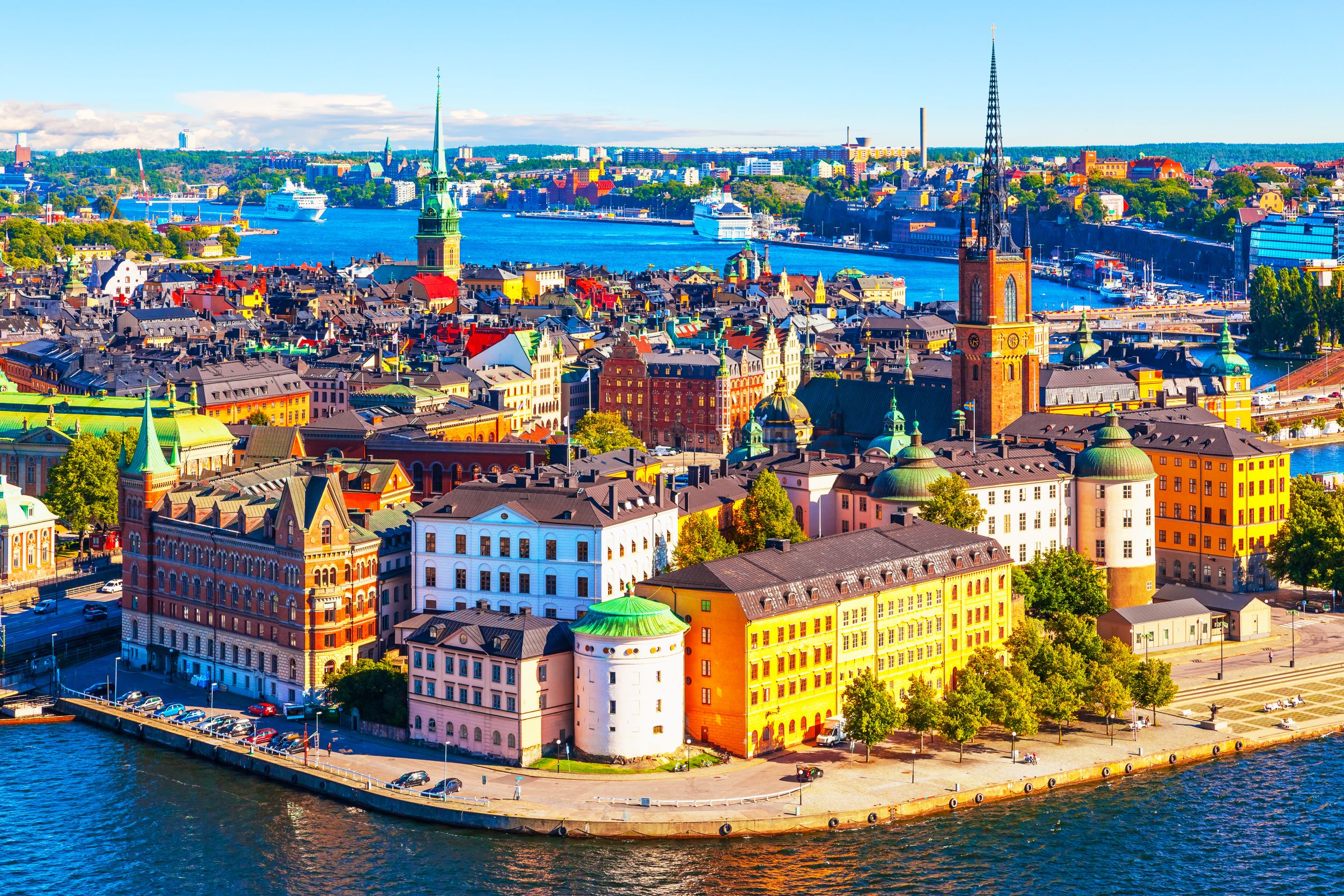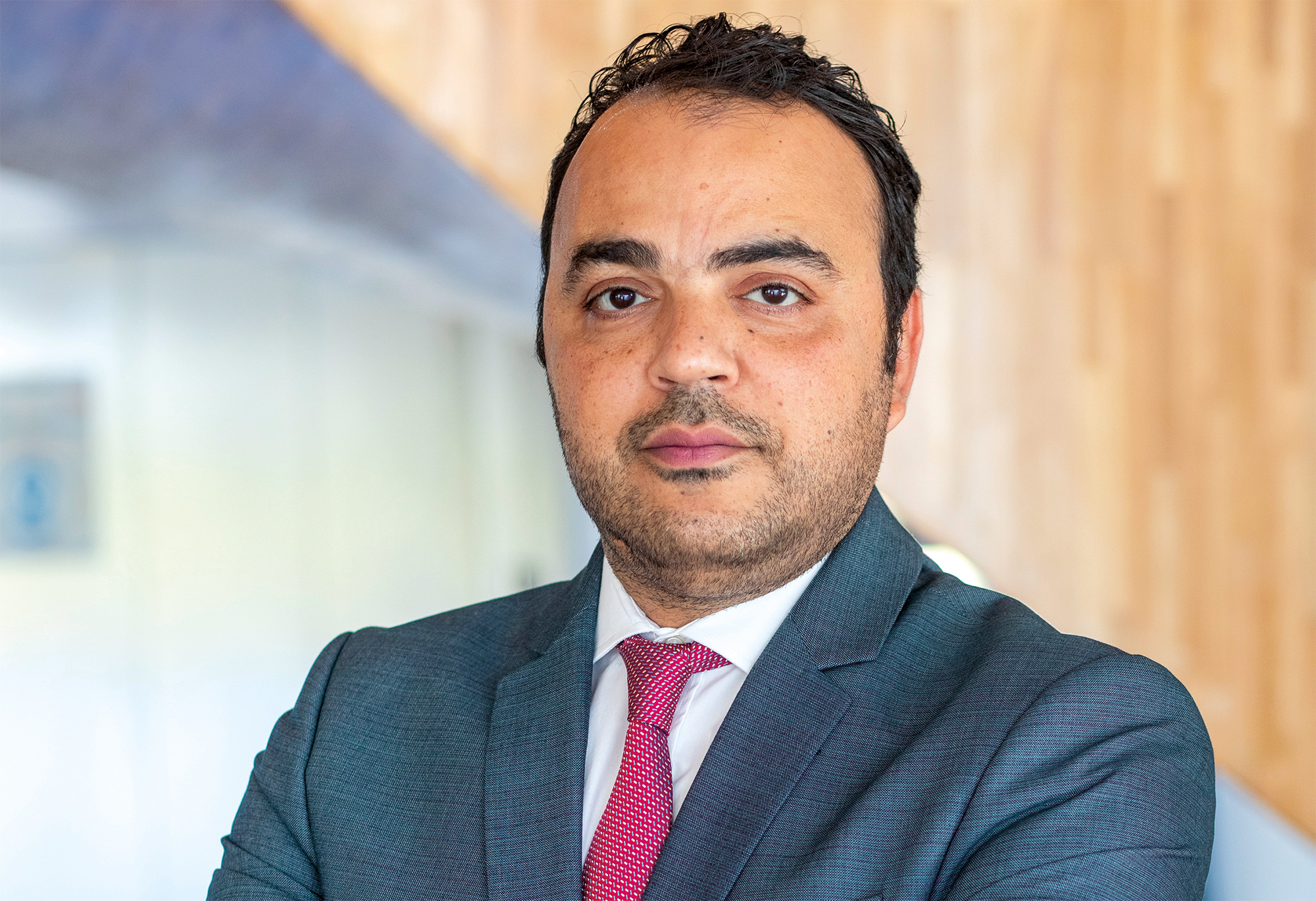[vc_row][vc_column][vc_column_text]
United Nations
The United Nations (UN), named in preparation by US president Franklin D. Roosevelt in 1942, was founded at the close of the Second World War. Celebrating its 75th anniversary in 2020, the UN now comprises 193 member states and – through its charter and international standing – addresses the issues threatening humanity in the 21st century. The organisation sets out to maintain international peace and security. (This was its central mission after the devastation resulting from five years of conflict and remains so today under the responsibility of the Security Council.) Other cherished objectives are to protect human rights, deliver humanitarian aid, promote sustainable development, and uphold international law. In 1948, the Universal Declaration brought human rights into international law for the first time. Since then, the UN has protected these rights through legal instruments and on-the-ground efforts. The organisation helped re-build Europe after the war and now coordinates humanitarian relief operations when this is beyond the capabilities of national authorities. From the outset, the UN focused on improving the well-being of all people and it is now agreed that sustainable development offers the best opportunity to truly improve lives. The UN's Social Development Goals (SDGs) represent an eloquent statement of the pressing need to support humankind and the planet. The development and respect for international law is a key focus of the UN and the far-reaching powers at its disposal are provided by the UN Charter which is properly considered an international treaty. The Chief Administrative Officer of the UN is known as the Secretary-General and the present incumbent is António Guterres. The headquarters of the organisation are housed in New York City.
[/vc_column_text][/vc_column][/vc_row][vc_row][vc_column][vc_column_text]

















































































